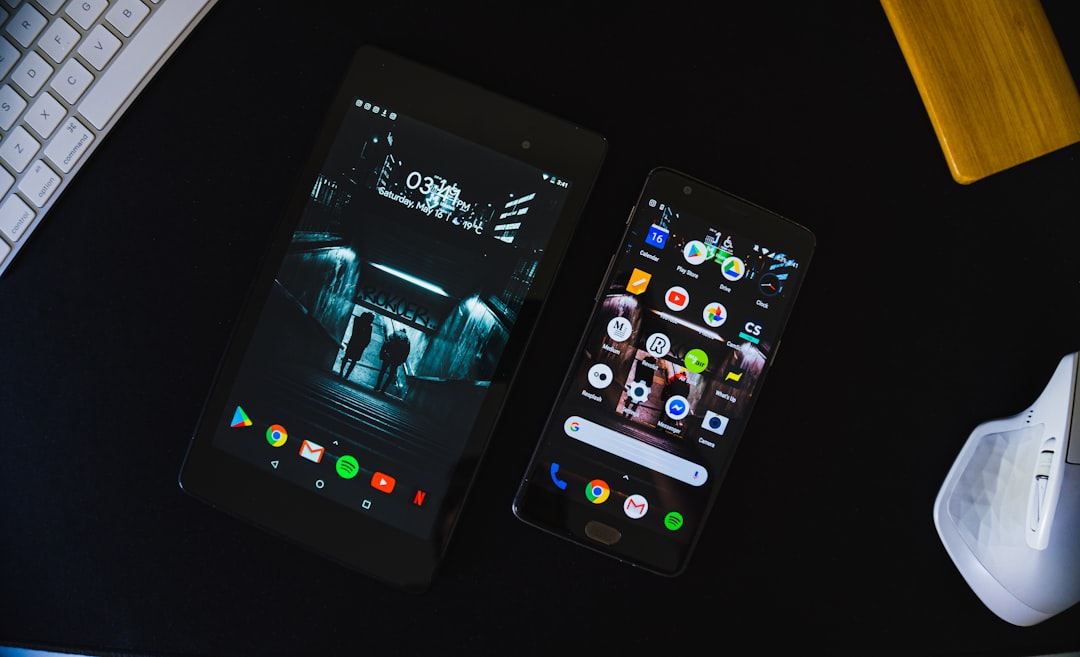In Louisiana, robocalls for political purposes can spread misinformation and invade privacy. While suing for robocalls specifically is challenging, federal laws like TCPA offer protections. Voters can document calls, register with Do Not Call lists, and leverage fact-checking resources. State laws prohibit prerecorded messages during elections, and legal recourse may be available under consumer protection laws if calls violate these rules. Knowing your rights and taking action against deceptive robocalls is crucial for protecting your vote in Louisiana.
“In the vibrant political landscape of New Orleans, robocalls have emerged as a common—yet often frustrating—phenomenon. This article guides voters through the intricacies of fact-checking political robocalls, especially in Louisiana, where they can be legally problematic. We explore your rights to sue for unwanted calls and present reliable resources for verification. Additionally, we offer practical tips to protect your vote from misleading information disseminated via these automated messages.”
Understanding Robocalls in Louisiana Politics

In Louisiana politics, robocalls have become a ubiquitous part of campaign strategies. These automated phone messages, often featuring recorded messages or live operators, are used to reach a wide voter base quickly and cost-effectively. However, as their use has increased, so have concerns about misinformation and voter frustration. Robocalls can be particularly problematic when they contain false or misleading information, which is why fact-checking plays a crucial role in ensuring transparent political communication.
Understanding the legal aspects of robocalling in Louisiana is also essential for voters. While many states have implemented regulations to protect against excessive or unwanted robocalls, Louisiana has specific laws that govern political robocalls. If you believe a robocall contains false information or violates your privacy, you may consider seeking legal recourse. For instance, if you’re wondering, “Can I sue for robocalls in Louisiana?” it’s important to know that such actions are possible under certain circumstances, with the help of resources designed to protect voters’ rights and ensure ethical political communication.
Legal Rights: Can You Sue for Political Robocalls?

In Louisiana, like many other states, political robocalls are subject to certain regulations aimed at protecting voters from misleading or excessive contact. However, it’s important to understand your legal rights when it comes to taking action against unwanted calls. While there aren’t specific laws in Louisiana that explicitly allow you to sue for political robocalls, you may have recourse under the Telephone Consumer Protection Act (TCPA). This federal law prohibits automated or prerecorded calls to telephone numbers assigned to wireless devices without prior express consent.
If a political campaign has obtained your number without permission and continues to make robocalls, you can file a complaint with the Federal Trade Commission (FTC) and report the violation to your local attorney general’s office. Although legal action may not always result in monetary damages for individuals, it can force campaigns to adhere to TCPA guidelines and discourage future violations. Remember, documenting the calls, including dates, times, and content, is crucial if you decide to pursue any formal complaints or legal action against political robocallers.
Fact-Checking Organizations in New Orleans

New Orleans voters have a variety of resources at their disposal when it comes to fact-checking political robocalls. Local organizations like the League of Women Voters of Metropolitan New Orleans offer workshops and guides on how to identify misleading or false information in automated calls. Additionally, national fact-checking organizations such as PolitiFact and FactCheck.org provide detailed analyses of political statements, including those made in robocalls.
For those concerned about unwanted robocalls, it’s important to note that Louisiana law allows residents to register for the National Do Not Call Registry. While this doesn’t guarantee a complete stop to robocalls, it can significantly reduce their frequency. Furthermore, if you believe you’ve been targeted by illegal or deceptive political robocalls, you may have grounds to take legal action under Louisiana’s consumer protection laws, including the possibility of suing for robocalls.
Protecting Your Vote: Tips to Stop Unwanted Calls

Protecting your vote starts with being aware of your rights and taking proactive steps to stop unwanted political robocalls. In Louisiana, it’s illegal for callers to use automated or prerecorded messages for political purposes during certain periods, such as the week before a primary or general election. If you’re receiving these calls, consider blocking the number or registering with the state’s Do Not Call list.
Additionally, know your rights to stop robocalls altogether. You can file a complaint with the Federal Communications Commission (FCC) if you believe a political campaign has violated your privacy. And if the calls persist despite your efforts, you might have grounds to sue for robocalls in Louisiana, according to state laws governing telephone solicitation and consumer protection. Stay informed, exercise your rights, and take action to safeguard your vote.






